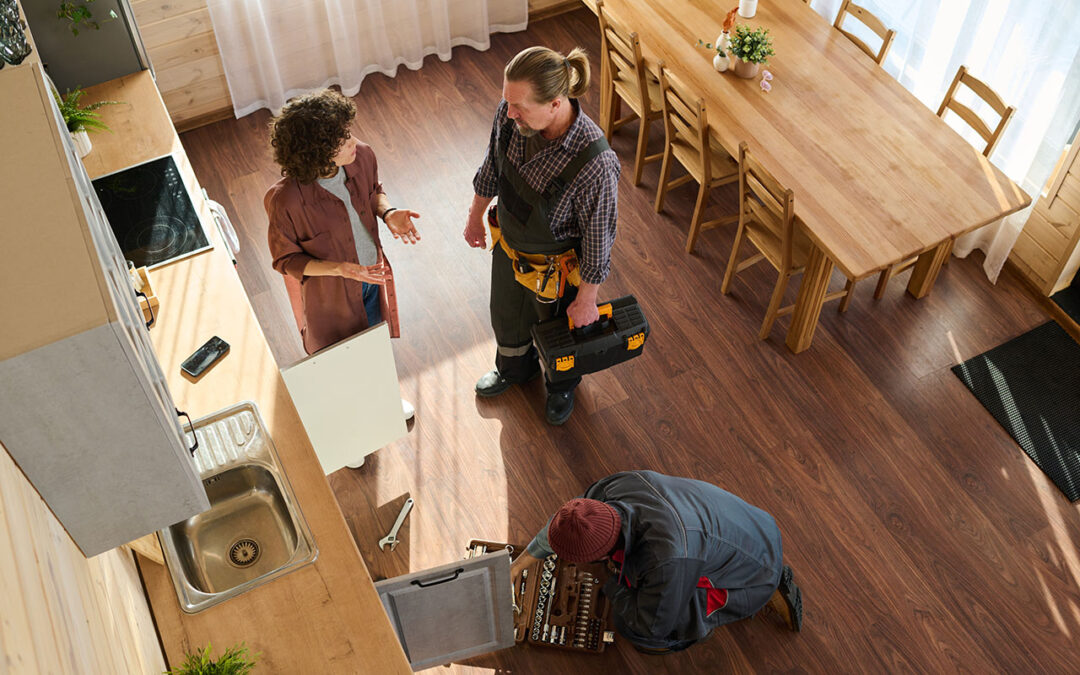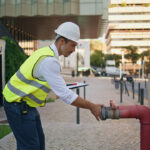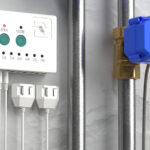Introduction
Home maintenance can feel like an endless list of chores, but one task that should never be overlooked is leak detection. Whether it’s a tiny drip under the sink or a hidden leak in the roof, undetected water leaks can lead to severe damage and costly repairs. Including leak detection in your annual home maintenance routine can save you time, money, and stress.
The Hidden Costs of Ignoring Leaks
Ignoring leaks might seem harmless, but the hidden costs can be substantial. Water leaks can cause structural damage to your home, weakening foundations, walls, and floors. Additionally, unchecked leaks can lead to skyrocketing water bills and health risks from mold and mildew growth. The financial and health implications make proactive leak detection essential.
Common Areas Prone to Leaks
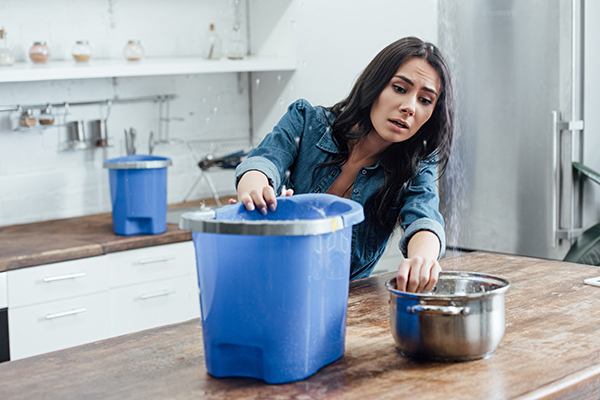 Leaks can occur anywhere in your home, but certain areas are more prone to issues:
Leaks can occur anywhere in your home, but certain areas are more prone to issues:
- Kitchens and Bathrooms: Frequent use of water makes these areas prime candidates for leaks.
- Roofs and Attics: Roof damage from weather can lead to leaks that are often hard to detect.
- Basements and Crawl Spaces: Poor drainage and foundation issues can cause leaks in these lower areas of your home.
Signs You Might Have a Leak
Detecting leaks early can prevent significant damage. Be on the lookout for:
- Unexplained Water Stains: These can appear on ceilings, walls, or floors.
- Mold and Mildew: Persistent dampness fosters mold growth, which can be hazardous to health.
- Musty Odors: A constant musty smell can indicate hidden water damage.
Why Annual Leak Detection is Crucial
Incorporating leak detection into your annual home maintenance has several benefits:
- Preventing Major Repairs: Early detection can stop small problems from becoming major repairs.
- Saving on Utility Bills: Fixing leaks can significantly reduce your water bills.
- Ensuring a Healthy Living Environment: Preventing mold growth and maintaining a dry home is crucial for health.
Technologies and Methods for Leak Detection
Modern technology has made leak detection more effective:
- Visual Inspections: The simplest method, but often misses hidden leaks.
- Thermal Imaging: Detects temperature variations caused by moisture.
- Acoustic Listening Devices: Used by professionals to hear leaks in hidden pipes.
DIY Leak Detection Tips
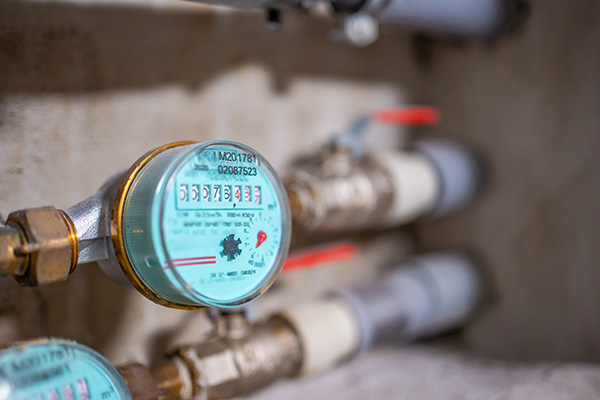 While professional services are best, you can start with these DIY tips:
While professional services are best, you can start with these DIY tips:
- Checking Water Meter Readings: A spike in readings can indicate a leak.
- Inspecting Plumbing Fixtures: Regularly check under sinks and around toilets.
- Monitoring Water Usage: Keep an eye on your water bill for unusual increases.
When to Call a Professional
Sometimes, DIY methods aren’t enough:
- Persistent Issues: If you can’t find the source of a problem.
- Large-Scale Leaks: Major leaks require professional intervention.
- Peace of Mind: Professionals provide thorough inspections and reliable results.
Choosing the Right Leak Detection Service
Selecting the right service can be daunting. Here’s what to consider:
- What to Look For: Experience, technology used, and customer reviews.
- Questions to Ask: Inquire about methods, costs, and guarantees.
- Importance of Reviews and Recommendations: Word-of-mouth and online reviews are invaluable.
Cost vs. Benefit of Professional Leak Detection
Professional leak detection might seem expensive, but it’s a worthy investment:
- Initial Investment: Typically affordable compared to major repairs.
- Long-Term Savings: Early detection prevents costly damage.
- Avoiding Potential Disasters: A small upfront cost can save thousands in future repairs.
Preventative Maintenance Tips
Prevention is the best cure. Some tips include:
- Regular Inspections: Schedule annual checks for your plumbing and roofing.
- Upgrading Old Plumbing: Replace old pipes to prevent leaks.
- Sealing and Waterproofing: Protect your home from water ingress.
The Role of Insurance in Leak Detection
Understanding your insurance policy is crucial:
- Understanding Your Policy: Know what’s covered and what’s not.
- Filing Claims for Leak Damage: Document everything thoroughly.
- How to Avoid Coverage Issues: Regular maintenance can prevent denial of claims.
Environmental Benefits of Leak Detection
Leak detection isn’t just good for your home; it’s good for the planet:
- Conserving Water: Fixing leaks reduces water waste.
- Reducing Your Carbon Footprint: Lower water usage means less energy spent on water heating.
- Sustainable Living: Responsible home maintenance contributes to environmental sustainability.
Conclusion
Leak detection is an essential part of annual home maintenance that shouldn’t be overlooked. From preventing major repairs and saving on utility bills to ensuring a healthy living environment and contributing to sustainability, the benefits are clear. Make leak detection a priority and protect your home from the hidden costs of water damage.
FAQs
- How often should I check for leaks? It’s recommended to check for leaks at least once a year as part of your regular home maintenance routine.
- Can I perform leak detection myself? Yes, you can start with DIY methods, but professional services are more thorough and reliable.
- What are the most common signs of a leak? Common signs include unexplained water stains, mold and mildew, and musty odors.
- How much does professional leak detection cost? Costs vary, but investing in professional leak detection can save you from expensive repairs in the long run.
- What should I do if I find a leak? If you find a leak, turn off the water supply to prevent further damage and contact a professional leak detection service immediately.
